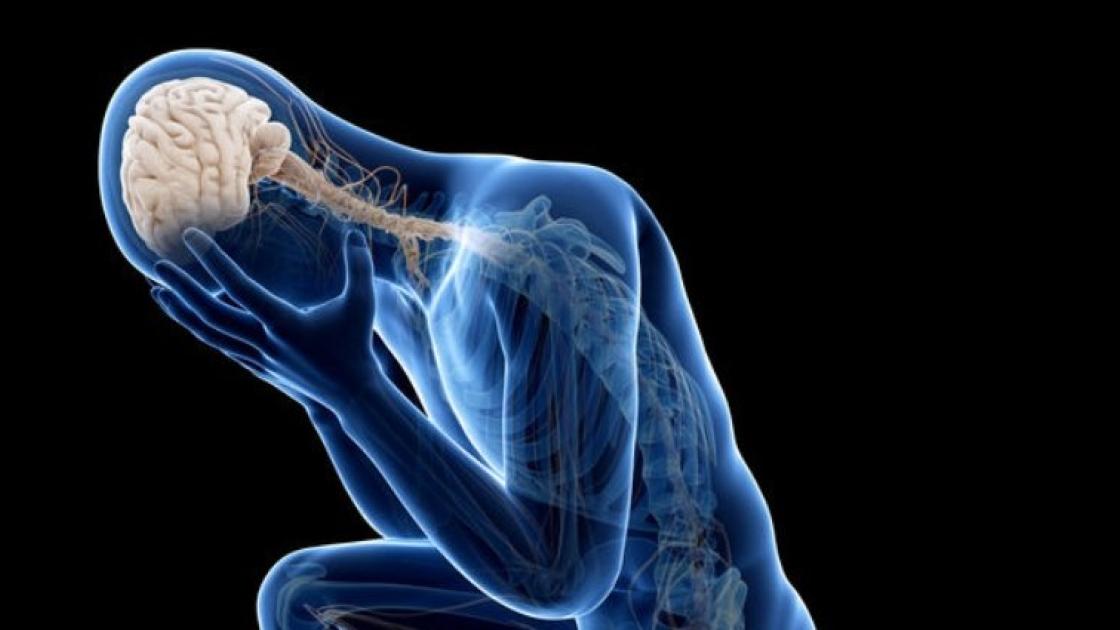
Depression impacts your brain, learn how to prevent damage
October 11 is National Depression Screening Day, a day for people from all around the country to get screened for depression, anxiety, obsessive-compulsive disorder and other mental health conditions—many of which occur together.
SIU Medicine’s interdisciplinary team of clinicians and researchers are encouraging people from the greater Springfield community to participate in Screening Day. Take action if you are experiencing symptoms of these common conditions.
Screening is a first step
Since 1990, National Depression Screening Day has been on the first Thursday of the first full week of October, during Mental Health Awareness Week.
Routine screening—which is done for other health conditions such as diabetes, blood pressure and glaucoma—helps people get earlier diagnosis and treatment, and can improve outcomes and quality of life.
Raising awareness of screening for depression can also help reduce the stigma associated with mental health conditions, making it easier for people to seek help and connect with supportive services.
Things to know about depression
- Depression is the leading cause of disability for Americans aged 15 to 44.
- Signs and symptoms of depression include decreased self-esteem, a pervasive sense of hopelessness or guilt, recurring thoughts of death or suicide, decreased interest in activities that used to be pleasurable, disrupted sleeping or eating patterns, diminished concentration and fatigue.
- Depression can occur on its own or in addition to other mental health conditions, including (but not limited to) anxiety, obsessive compulsive disorder, post-traumatic stress disorder, and even other chronic illnesses. For example, as many as half of people diagnosed with depression also have an anxiety disorder.
- Chronic medical illness is consistently associated with an increased prevalence of depressive symptoms and disorders. Recognition and treatment of depression in these patients is important. Adequately treating depression for these individuals will not only improves their quality of life, but has been shown to slow progression of the chronic illness.
- More than 15 million Americans (about 6.7 percent of the population) experience depression every year. Yet only about half will seek treatment—and of these, only about 1 in 5 will receive treatment conforming with best practices based on current research.
- Depression is treatable. As many as 80 percent of people who seek treatment will show improvement in their symptoms, usually within the first six weeks.
At SIU Medicine, we have the advantage of being connected to the latest advances in family medicine, behavioral health, neurology, psychiatry and other related fields of medicine – and through one collaborative team in Neuroscience Institute. As an academic medical provider, our board-certified physicians use evidence-based research—including innovations in treatment and management of depression and other co-morbidities—to help patients manage mental health and improve their quality of life.
Concerned about depression and anxiety?
Are you or a loved one feeling depressed or anxious? Do you have concerns about behaviors that may resemble obsessive-compulsive disorder? Contact SIU Medicine to schedule an appointment with your family medicine or primary care physician, or request a new physician if you don’t have one already. You can reach us confidentially at 217.545.8000.




